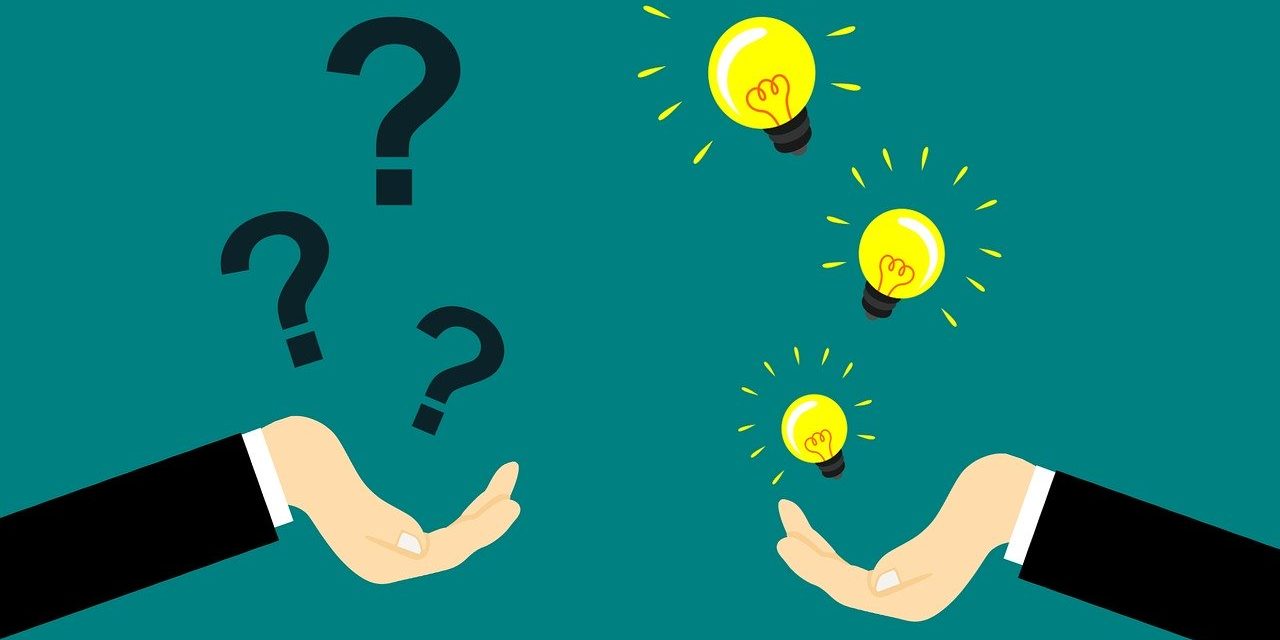
One of the most powerful study skills students can develop is the ability to ask better questions. It is rarely taught directly in classrooms, yet it plays a crucial role in how students understand, retain and apply knowledge. Students who ask effective questions learn faster because they interact more deeply with their material. Instead of memorising facts, they investigate ideas and uncover connections that make their learning stronger and more meaningful.
Asking good questions begins with curiosity, but it grows with practice. When students read a text, revise a topic or listen to an explanation, they can train themselves to pause and think about what they still need to know. Simple prompts like “Why does this matter,” “How does this connect to what I learned before,” or “What is the teacher really asking me to show” help shift learning from passive to active. This habit alone makes study time far more productive.
In subjects such as English, asking better questions deepens interpretation. Students move beyond surface-level summaries and begin exploring themes, perspectives and author choices. In maths and science, well-formed questions guide students through complex processes and help them identify the exact step they are stuck on. Even in primary years, the ability to ask clear questions builds confidence and encourages independence.
Question-asking also improves communication with teachers and tutors. When students can explain precisely what they do not understand, they receive more targeted help and progress faster. It replaces the vague “I don’t get it” with focused issues that can be addressed directly.
By teaching students to ask thoughtful questions, we give them a tool they will use well beyond the classroom. It strengthens critical thinking, sharpens problem-solving and helps students take ownership of their learning journey.
Freddie Le Vay

